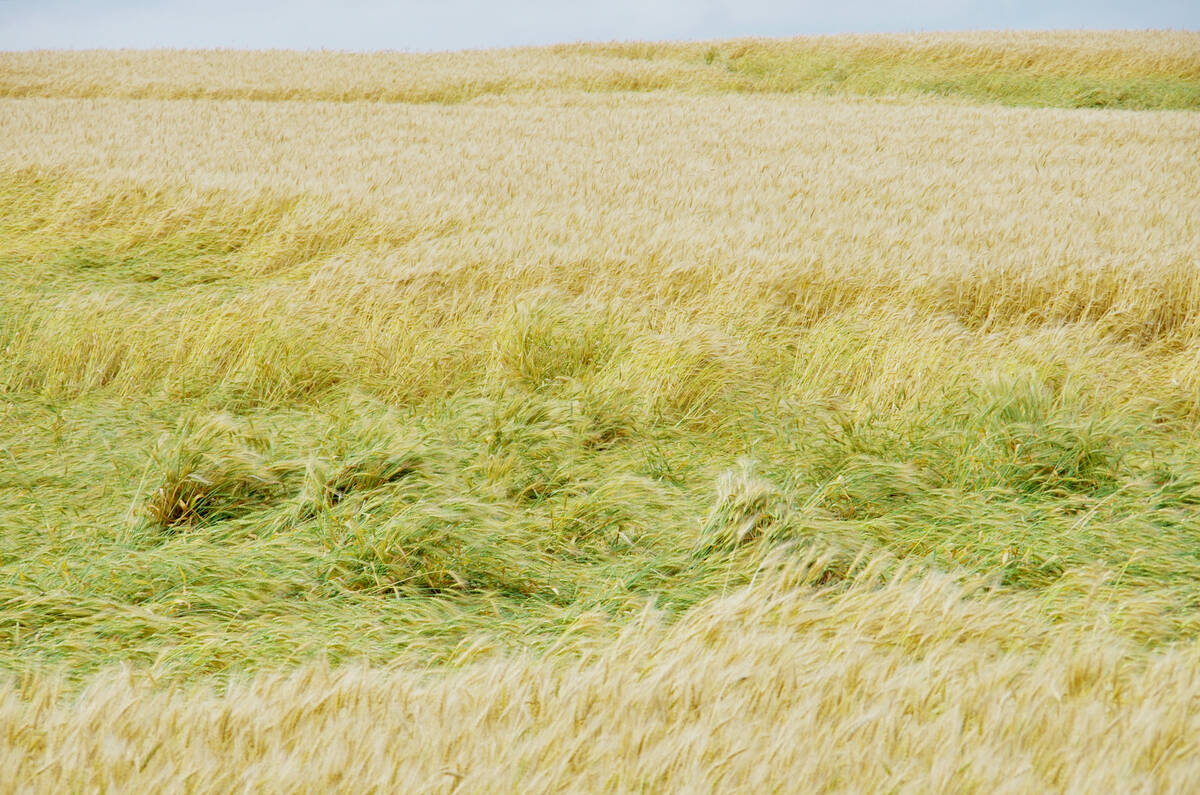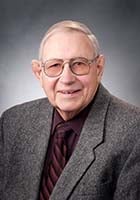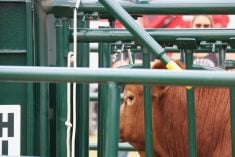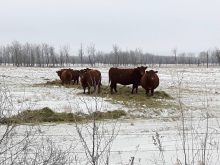This article is a prelude to a series dealing with precision agriculture. It might be a bit boring and bureaucratic and you may wonder about the relevance but please take 10 seconds to scan before turning the page.
A funny thing for an agro to do — but let us start off with the profession of engineering. Even before I can remember, and that is long ago, almost all Professional Engineers (P. Eng.) were employed in the public sector. Governments, cities etc. all had their own staff of engineers. The Broadway Bridge in Saskatoon was built in the 1930s by engineers from the University of Saskatchewan. In the 1960s, I can remember colleagues talking about getting work done by Underwood and McClelland Engineering Company. They were one of the first to form an engineering company to work for individual clients — cities, towns, governments or large corporations. Now almost all engineering is done that way. Underwood and McClelland became UMA for many years then UMA-AECOM and now AEOCM.
Read Also

Cereal lodging isn’t just a nitrogen problem
Lack of copper in the soil can also lead wheat and other cereal crops to lodge during wet seasons on the Canadian Prairies.
The P.Ag.
The agricultural equivalent of the P. Eng is P.Ag. (Professional Agrologist). The eligibility requirement is a university degree in agriculture or the equivalent. In Saskatchewan the whole business is managed by the Saskatchewan Institute of Agrologists (SIA) under the authority of the The Agrologists Act, 1994 of the Government of Saskatchewan. In Saskatchewan, the SIA also recognizes an Agricultural Technologist (AT), and the requirement is a Diploma in Agriculture.
Both P.Ag. and A.T. members must keep current by attending professional development activities and reading the literature.
When I became a member of SIA in the 1960s almost all P.Ags were employed by the public sector or by large agriculture companies that needed a P.Ag on staff. In fact, one of the main reasons the SIA was formed was to insure that provincial agricultural representatives would not be political appointees.
Professional agrologists
There have always been P.Ags associated with companies that have a product to sell you. I have had very positive experiences in dealing with such professionals.
But, the idea of a P.Ag putting out a shingle and making an “honest living” by fee for service was unknown.
In the last decade or so that has all changed. There are now many individual agrologists doing crop planning or scouting and soil management for farmers on a fee for service basis. There are also some smaller firms of a few agrologists and there are a few very large firms that offer a wide range of cropping, marketing, livestock management and GPS services. The GPS service per se is not an agrologist function but the application of it to crop production definitely is.
It has been a great pleasure for this old fossil to see former students flying on their own wing or becoming part of a larger organization that exists to further the objectives of farmers. General recommendations are just that and having a P.Ag. take the blizzard of new ideas and products that come out and apply them to your specific situation can be nothing but a good thing. And many of these have no product to sell —all they’re selling is their professional service.
Certified crop advisor
About 15 years ago the designation CCA (Certified Crop Advisor) appeared. The concept came from the U.S. originally and was conceived by industry — particularly the fertilizer industry. To become a CCA, candidates must write regional and international exams and attend ongoing update sessions.
The Potash and Phosphate Institute (now the International Plant Nutrient Institute, IPNI) was a major force in the CCA concept. I have always had huge respect for the staff at IPNI www.ipni.net. They are professionals dedicated to applying the science to the practice. They publish “Better Crops with Plant Food” which I regularly read. (The last issue is a real winner — check it out online.)
After I retired from the University of Saskatchewan I did many CCA courses for Westco Fertilizers with John Harapiak (who we lost last year) and Norm Flore. I have long held the opinion that any additional training that can be provided for retail folks is a positive and am a strong supporter of the CCA program.
So, what is the relevance of all this? As precision agriculture becomes common practice, be sure to check out the professional credentials of those providing you with the advice. †















